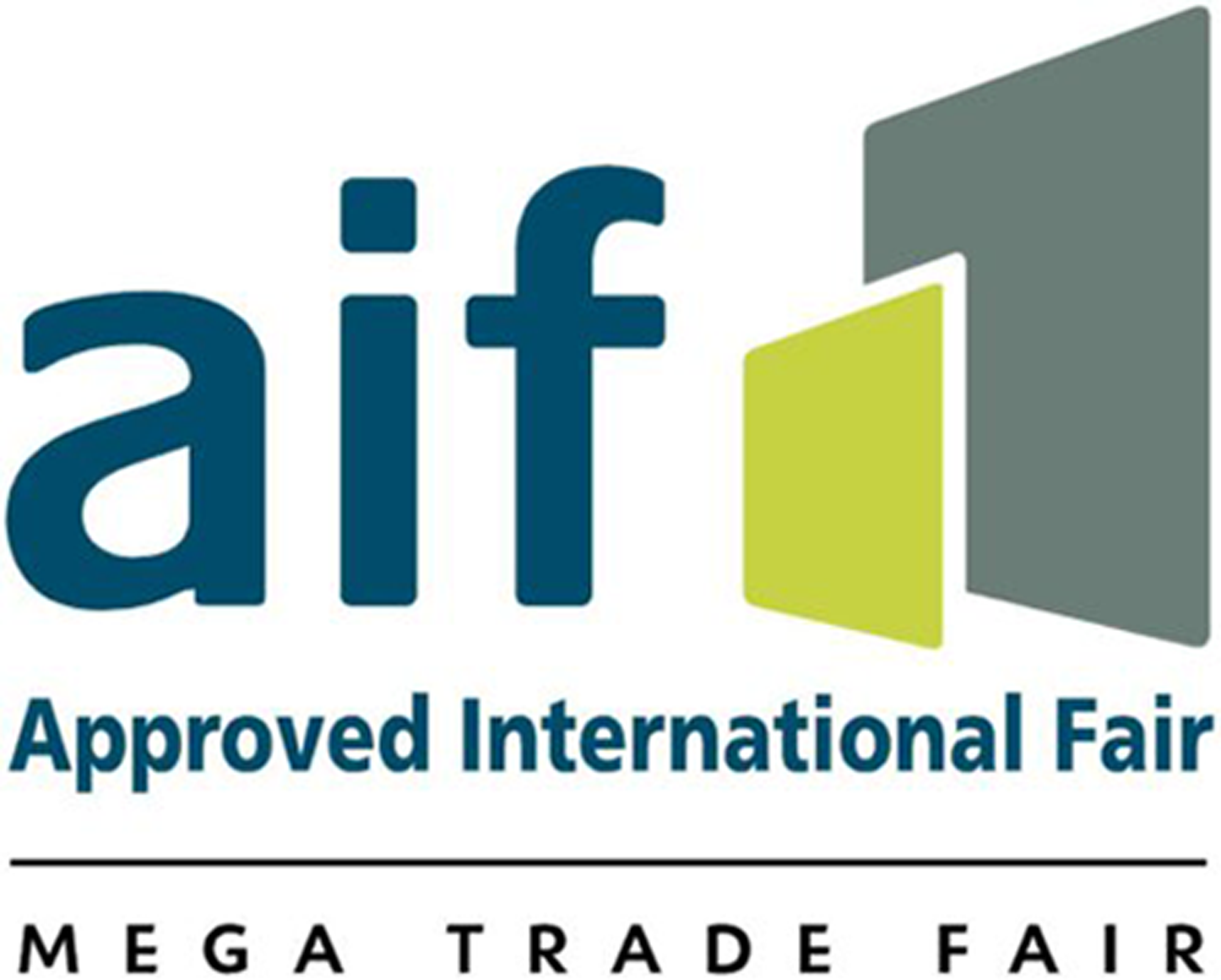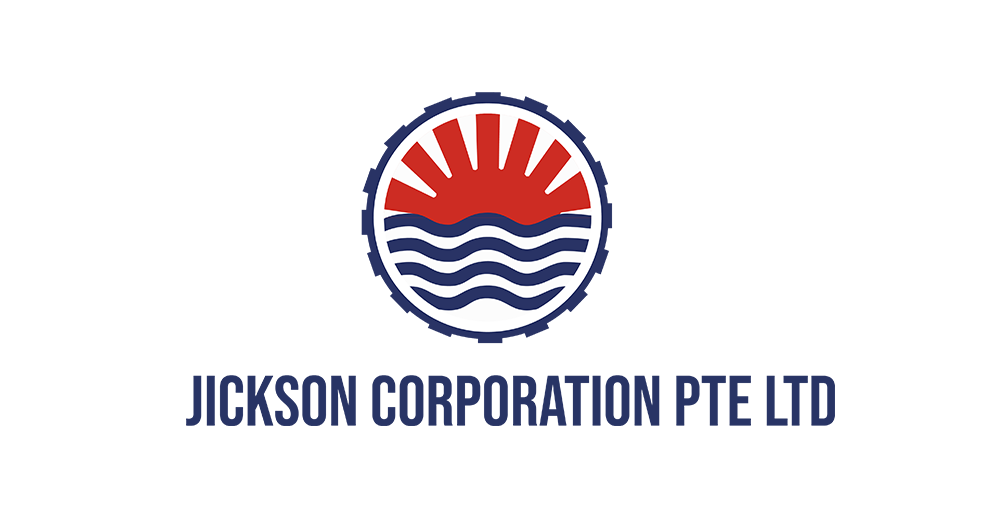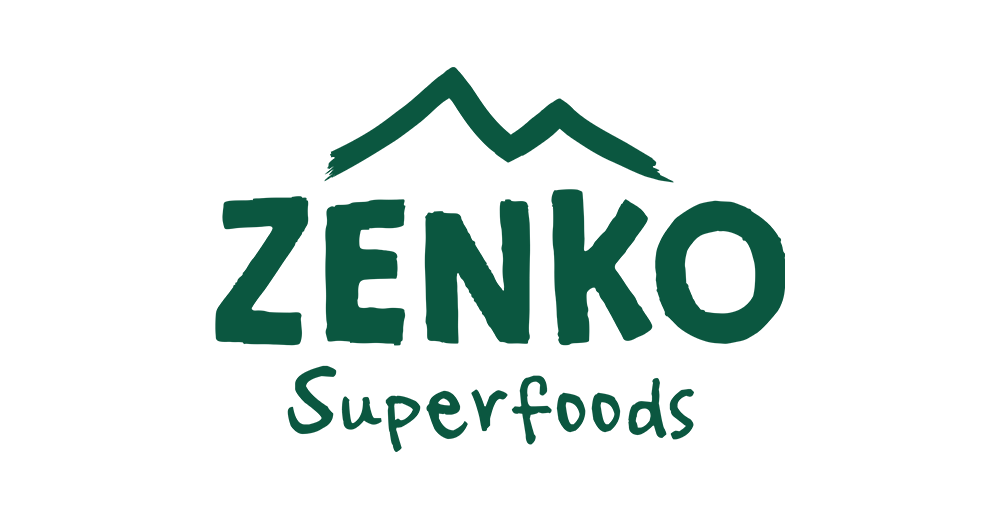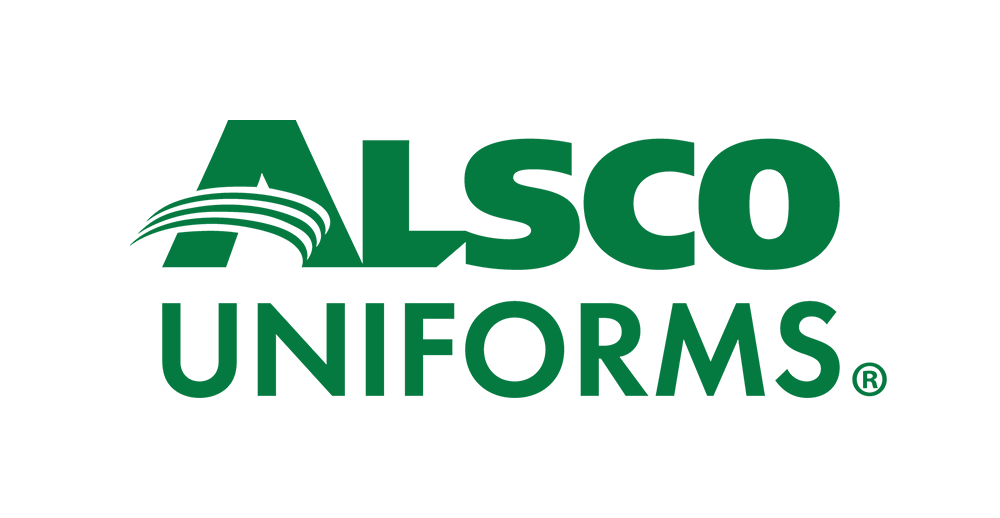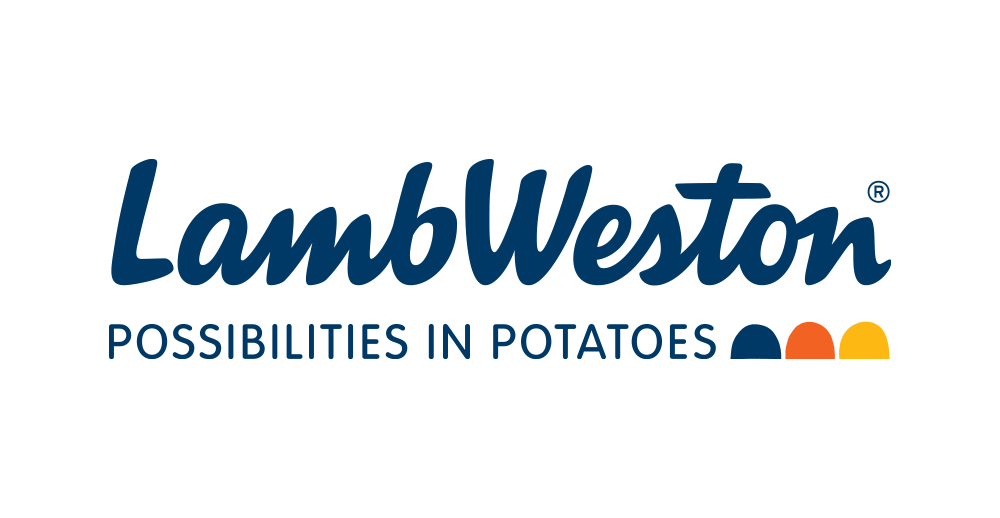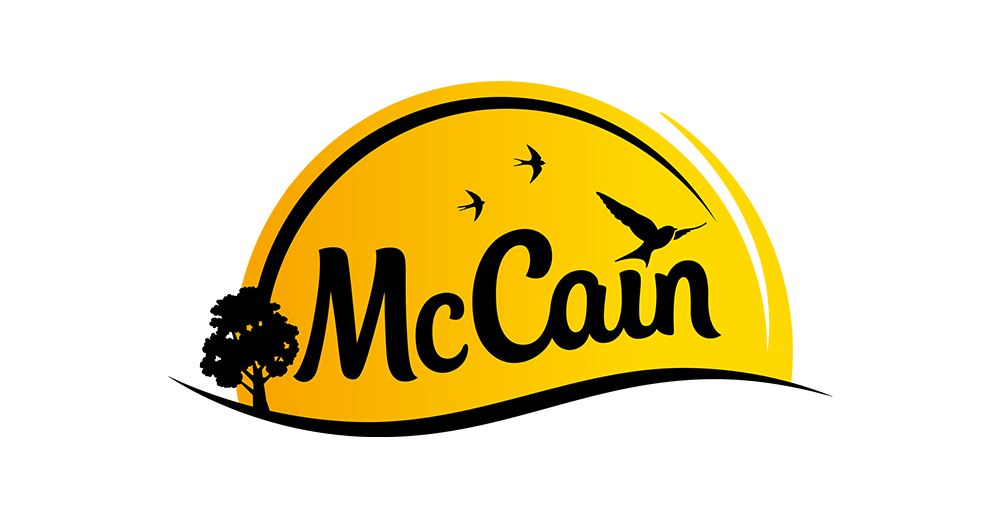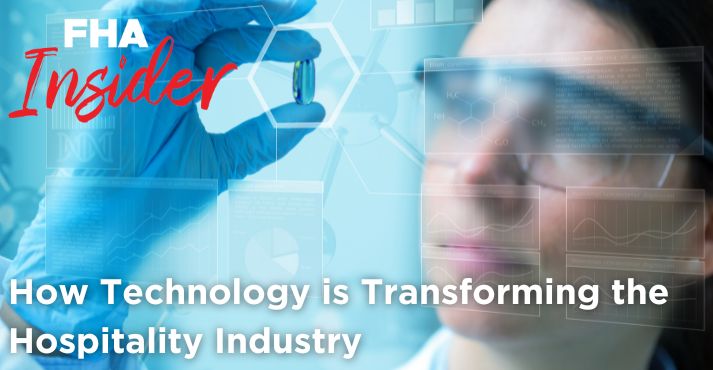
Have you visited a hotel and experienced a slow check-in procedure for which you had to wait in the queue?
This has significantly improved with the use of technology all around us, and it holds special significance in the hospitality industry, where you can transform guest experiences.
A report by Statista concluded the majority of hoteliers in Asia, Europe, and North America reasoned that using technology was to improve the guest experience.
If you are keen on learning more about how technology in the hospitality industry is revolutionizing the way hotels and restaurants operate, this blog is for you!
In this blog, we discover the significant impact of technological advancements on the hospitality industry. Whether you are running a restaurant, a tourism company, or a hotel service, you should be setting new trends to improve the guest experiences,
In 2023, the global hospitality market reached nearly 4.7 trillion U.S. dollars. It is forecasted to grow to 5.8 trillion U.S. dollars in 2027 at a compound annual growth rate (CAGR) of 5.5 percent.
The hospitality industry is an ever-growing sector that requires new technology innovations to be able to serve customers better. The technology revolution in the hospitality domain includes using artificial intelligence, automation, and digitization.
Let’s get started!
Enhancing Guest Experiences
Mobile Check-in and Digital Concierge
Given the use of smartphones and apps in daily life, the way guests interact with hotels and restaurants is changing.
Guest arriving at your facility expect a way out of waiting in long queues. The longer you make your guests wait in mismanaged queues, the greater chances of them turning to your competitors. In other words, guests expect businesses to value their time.
So how do you streamline hospitality services with technology?
Mobile check-in and digital concierge services have emerged as game-changers in revolutionizing the guest experience. This means no long queues and phone call reservations with the receptionist. A contactless check-in through mobile devices has become the new norm.
In order to fully execute and gain the benefit of mobile check-ins in the hospitality industry, you need to understand it in the context of the consumer’s journey.
The first step in the consumer journey is the pre-arrival stage. During this stage, guests will make a reservation after deciding on a hotel or a restaurant. If this is done via traditional phone calls, it costs international guest calling charges. Besides this, you may lose clients if they cannot connect with your hotel during that time.
Investing in modern technology allows guests to make a reservation using a mobile application dedicated to your hotel’s service or restaurant. This not only saves time spent talking to customer representatives, but it gives guests control over planning their vacation.
Do you want your guests to wait in queues after a long journey with their luggage? Do you want your representatives running around to get them the best room or a table at the restaurant?
Mobile app services save you the trouble of choosing amongst guests and help you treat each of them equally and in the best way possible. With mobile check-ins, guests can effortlessly complete the next phase of the consumer journey. The arrival process decides the impression that you make on your customer.
A day before their scheduled arrival, guests receive a check-in reminder notification on their smartphones with a link to the hotel’s mobile check-in platform. Clicking on the link opens the hotel’s mobile check-in page. Guests can enter their reservation details or loyalty program credentials.
Prior to their arrival, guests can use the mobile app to choose room preferences, inform the hotel staff of any special request and add amenities. Above all, you can ask the guests to provide estimated arrival times. These benefits allow you to make your services personalized before your guests set foot in the facility.
Once the most difficult process of checking in is complete, guests receive a confirmation email or push notification on the mobile app. Customers can receive their table numbers from the restaurant, while guests get a digital key to their room. How convenient, right?
This means that on the day of arrival, your guest can bypass the front desk and head straight to their allotted room or table.
You made the pre-arrival and the arrival stages of a consumer’s stage stress-free so they can fully immerse themselves and enjoy your services. You are on the way to building a loyal and returning customer base!
Moreover, these digital concierge services provide guests with quick access to essential hotel information and amenities. Guests can explore the hotel’s facilities, dining options, spa services, and local attractions, all through a user-friendly mobile app.
This personalized hospitality approach ensures that each guest’s preferences are catered to, making them feel valued and attended to throughout their stay. With reduced manual check-in procedures, hotel staff can focus on elevating the overall guest experience.
If we are to count more benefits of investing in a mobile app service, real-time updates and alerts are the most important ones. Via the mobile app, hotels can respond promptly to guest requests and inform them of the unavailability of services.
A study by Criton from 2020 reported that 62% of the respondents were willing to check in through a mobile app. Enriching guest experiences comes with personalizing and creating a more connected and enjoyable stay.
Thus, we urge you to take advantage of mobile apps, foster long-standing guest connections, and set new standards for the future of guest-centric hospitality.
AI-Powered Customer Support
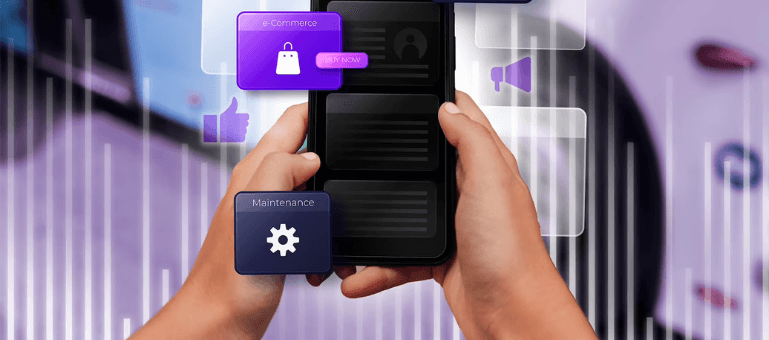
The use of artificial intelligence (AI) is on the rise. AI refers to using robotics, machine learning, and algorithms to automate repetitive tasks for humans. It can make decisions and perform tasks that require human intelligence.
Has this got you wondering, if this technology is so useful, how would you use it to improve hospitality services?
It begins by understanding that the concept of customer support has changed significantly in modern hospitality and dining. It no longer means having a human representative answer all the queries. This has given way to the new technology of AI-enhanced communication.
If you own a hotel or restaurant where you have a long list of guests whose queries go unanswered every day, this solution will help your case!
The first tool to invest in is the AI chatbot. This computer program can input customer queries and use AI technology to reply as a human would. In other words, it is a close simulation, if not exact, of human assistance.
Such chatbots use natural language processing to understand and respond to text or voice-based queries. Chatbots excel at providing instant responses and handling repetitive tasks. This makes them suitable for customer support, booking inquiries, and personalized recommendations in the hospitality industry.
Based on the hospitality sector you belong to, this is how an AI chatbot can prove to be helpful to you:
| Tasks | Restaurants | Hotels |
|---|---|---|
| Customer Support | Take food and beverage orders Answer menu-related questions Provide allergen information |
Assist with room reservations Provide information about hotel amenities |
| Reservation and Booking | Facilitate table bookings Notify guests about reservation confirmations |
Assist with mobile check-in and check-out Handle booking modifications and cancellations |
| Personalized Recommendations | Recommend dishes based on preferences and order history | Offer tourist information and sightseeing options |
| Order and Service | Update guests on order status and estimated delivery | Notify in-room service requests and housekeeping Schedule appointments for services |
This is the quickest way of entertaining all guests and customers without any delays or frustrations. Most importantly, unlike manpower, chatbots can work 24/7, round the clock. This translates to handling customer volumes efficiently.
The advantage of AI-driven technology is that it is constantly learning from past interactions to improve their responses. Therefore, its ability to comprehend natural language and provide relevant answers creates a human experience for customers.
Another tool you can invest in for enhancing guest interaction is a Virtual Assistant. Think of it as a step up to AI chatbots. It uses advanced AI systems such as sophisticated NLP and machine learning to perform complex tasks.
Since virtual assistants can engage in more natural conversations and understand complex queries, the hospitality industry can use them to handle more intricate guest requests, manage reservations, and assist in planning itineraries.
Additionally, you can ask your virtual assistant to collect and analyze data on consumer behavior and customer patterns. This can be helpful in knowing where you lack in your services and preparing for guests prior to their arrival.
One of the latest innovations in virtual-assisted technology is its ability to carry out tasks for voice-enabled requests, making it closest to the human experience. For example, your guest can ask the assistant to turn off the room light.
This technological advance allows for real-time responses. Guest satisfaction instantly improves when inquiries, requests, and concerns are addressed promptly with real-time chats.
This kind of support from technology makes it an indispensable asset for any forward-thinking hospitality or restaurant business. Make sure you unlock guest satisfaction with AI and stay ahead in this competitive hospitality industry!
Revolutionizing Operations
So far, we have discussed the areas of hospitality and tourism in which technology is most helpful in customer-centric tasks. But do you know you can use new technology to carry out the grunt work for your business?
Smart Inventory Management

The work that keeps the hospitality sector running requires an efficient force of employees. Similarly, given the volume of items a hotel or restaurant procures, inventory management and supply chain monitoring are liable to human error.
A restaurant’s inventory must be constantly monitored to determine when to reorder stock. Since there is fresh produce involved, you cannot overstock, for it will be wasted. Similarly, understocking can result in delays in the service.
Thus, a revolutionary way of managing stock smoothly is to adopt smart inventory management practices. This cutting-edge technology has transformed traditional stock management practices by integrating automated inventory tracking and advanced supply chain efficiency.
Smart inventory management can optimize stock levels to meet demand accurately. This precision eliminates overstocking and understocking issues, ensuring resources are allocated efficiently.
AI automated inventory management uses machine learning for real-time tracking of inventory levels. It sends out constant alerts with low inventory levels.
AI comes with the greatest benefit of carrying out predictive analysis for your business. This means, based on past history and turnout, it can forecast the expected number of guests or a hotel and the sales for a restaurant. Moreover, it can analyze current market trends and offer insights based on this information.
This means you can get the exact items if you know how much you will be selling for a week. Restaurants and hotels can drastically reduce food waste while serving quality food, leading to significant cost savings and a positive environmental impact.
Next comes the procurement process, which requires managing the vendors and smooth two-way conversations to order the item low in stock. However, there has been a seismic shift in these practices with AI technology.
Smart inventory management systems allow for seamless stock replenishment, as AI automatically generates orders when inventory levels reach predefined thresholds. This enhances efficiency and ensures consistent availability of supplies.
Embedded in the core of the hospitality industry, streamlining operations with smart inventory management is key to unlocking unparalleled cost savings. This helps you achieve heightened operational efficiency and build a more sustainable future for your company.
Cloud-Based POS Systems

A cloud-based Point-of-Sale (POS) system is a computerized network that processes payments. Since it can be integrated with AI, these systems have become the backbone of redefining efficiency and customer experience.
POS system in the hospitality industry plays a crucial role in processing and managing orders, and its strength lies in the ability to simplify order processing.
AI-integrated POS serves to input customer orders accurately, specify modifications, and send them directly to the kitchen. Similarly, your order can be linked to your hotel room and charged to your final bill.
This streamlines the order fulfillment process, reduces errors, and ensures a smooth flow of operations.
With intuitive interfaces and real-time updates, staff can effortlessly manage orders, reduce errors, and ensure quicker service, elevating guest satisfaction.
Furthermore, these systems offer contactless payment solutions, catering to the growing demand for secure and convenient transactions.
Embracing the latest in payment technologies, cloud-based POS systems handle transactions by calculating the total bill, applying for discounts or promotions, and generating itemized receipts.
Moreover, it supports various payment methods, including cash, credit and debit cards, mobile wallets, and contactless payments.
This gives customers convenient options and improves the checkout experience. Customers can pay via POS at kiosks, omitting the need to wait in queues.
The true game-changer is its ability to rely on data insights. This helps companies make informed decisions on inventory management, marketing strategies, and staffing schedules.
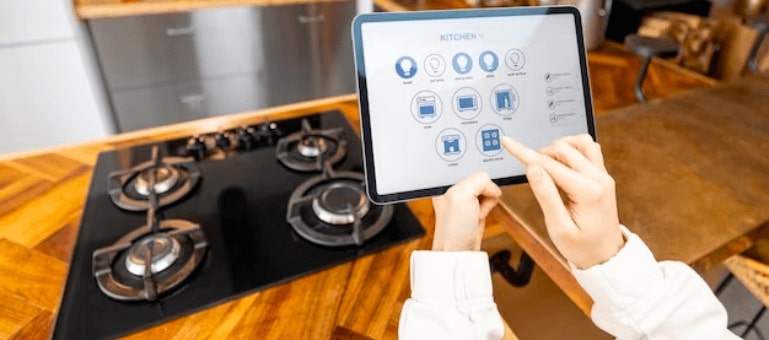
A POS system is a one-stop solution to managing how you run your hospitality business. With one dashboard, you can control inventory levels, employee schedules, customer requests and orders, and delivery management. You can also receive reports on customer feedback analysis and revenue streams.
If you want to make your company recognized as business intelligent and profitable, cloud-based POS systems are the answer.
Industry Trends and Adaptation
Personalization through Data Analytics

The hospitality industry’s services are seen as a journey by customers. Be it dining at a restaurant or choosing a resort for a vacation, guests want their experience to be about them. This is where personalization through Al data analytics comes into the picture.
A study by Revinate reported that 86% of consumers agreed that personalization plays a vital role in their purchase decisions.
The core of this digital transformation is based on two aspects, targeted marketing and customer segmentation.
Before you begin marketing with personalization, it is necessary to understand the customers you are catering to. This ensures that your marketing resonates with the group’s preferences. Here are the customer segmentations you should be aware of:
- Demographic Segmentation: Grouping customers based on age, gender, income, and family size. For instance, a luxury hotel might target high-income travelers with exclusive packages, while a family-friendly resort could cater to families with children.
- Behavioral Segmentation: Dividing customers based on their interactions with the business. This could include factors like booking frequency, average spending, loyalty program engagement, and preferred amenities.For example, a hotel might offer special discounts to frequent visitors or provide unique perks to members of their loyalty program.
- Psychographic Segmentation: Segmenting customers based on their lifestyle, preferences, interests, and values.
Now that you know your consumers’ preferences, targeted marketing is easy if you follow core principles.
AI-powered data analytics collect data on guests about their previous stays, interactions, and preferences to create detailed guest profiles. This can include information such as preferred room types, amenities, dining choices, and special occasions.
Send automated tailored offers and promotions to each customer group. You can also provide recommendations for nearby attractions, events, or dining options based on guest interests. For instance, offer a discount on spa services to guests who have shown interest in wellness amenities.
This seems like a small gesture, but it goes a long way in showing your guests that you value their visit. Keep in touch with the guests with personalized post-stay messages or emails by thanking them for their visit and offering exclusive discounts for their next stay.
AI analytics is helpful in recognizing and celebrating guests’ special occasions like birthdays or anniversaries with personalized messages and offering complimentary amenities. This heightened level of personalization not only delights guests but also enhances customer loyalty.
Loyalty programs have also evolved with the aid of data analytics. Intelligent loyalty programs use data to recognize and reward individual preferences, making guests feel valued and understood.
Contactless Solutions for Health and Safety
Since the COVID-19 pandemic, the hospitality and restaurant industry has witnessed a drastic shift in its operations to prioritize health and safety. This led to the industry moving to adopt a contactless payment solution.
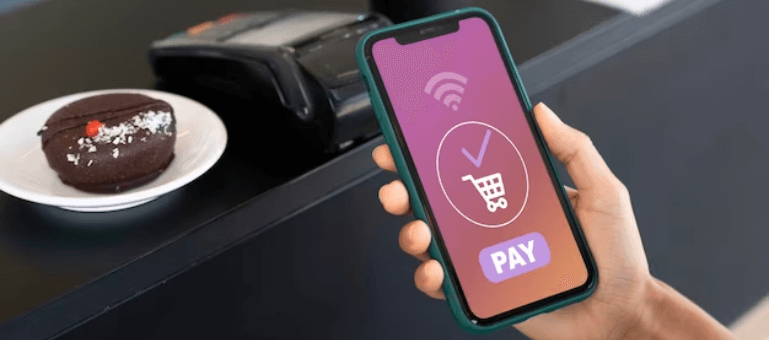
This touchless technology includes digital menus and QR payment options that have become integral to this sector.
Touchless checkouts and kiosks have eliminated the need for physical contact during transactions, reducing the potential spread of pathogens.
Customers can simply wave their smartphones or use contactless cards to complete payments, promoting a hygienic environment. Without the need for handling cash or touching shared surfaces, there is reduced potential transmission of germs.
Digital menus have also gained immense popularity as they offer a safe alternative to traditional paper menus. Patrons can now access menus through their smartphones by scanning QR codes or using mobile apps.
This reduces surface contact and allows for quick updates, making adjusting to changing requirements and preferences easier.
As the hospitality and restaurant industry adapts to the new normal, the integration of contactless solutions has proven to be a key strategy in safeguarding health and safety.
Beyond the pandemic, these technological advancements have been a staple. With these lasting trends in the F&B sector and hospitality industry, businesses can continue to elevate guest experiences.
Technology in the Hospitality Industry – FAQs
What is technology in the hospitality industry?
Technology in the hospitality industry refers to the use of modern tools based on machine learning and artificial intelligence software to enhance guest experiences and optimize operations.
What are the current tech trends in the hospitality industry?
The latest technological advances in the hospitality industry are mobile-enabled check-ins, personalized and automated guest messaging, and contactless QR payments.
What are the 3 advantages of technology in the hospitality industry?
Technology in the hospitality sector enables a smooth flow of services and operations in restaurants and hotels. It helps automate repetitive tasks such as inventory management and delivers a holistic experience for the guests.
Conclusion
Are you ready to revamp your hotel and restaurant’s operations to make it more convenient for guests and staff members?
The definitive answer is to adopt and adapt to technology in the hospitality industry, as the change is undeniable. The shift in practices has made it a necessity for survival rather than a choice.
A recent study from the Finance Office reported that tech-driven hospitality practices resulted in a 71% decrease in guest complaints.
This means that signing up for AI-powered chatbots, virtual assistants, automated stock management, and contactless solutions is all about thriving in an increasingly competitive environment.
Although this technology seems like a lot of investment, it promises returns from enhanced guest satisfaction.
What are you waiting for?
Sign up for technological advances to meet the continually rising guest expectations!





